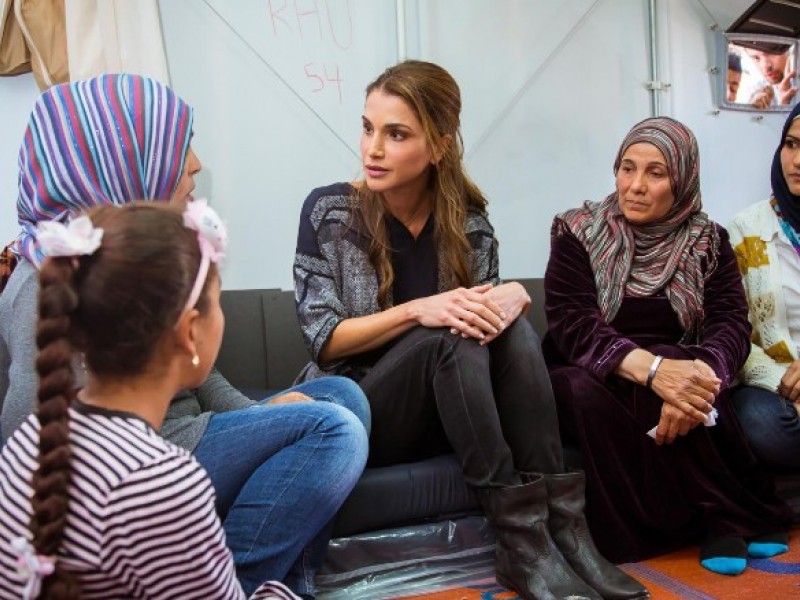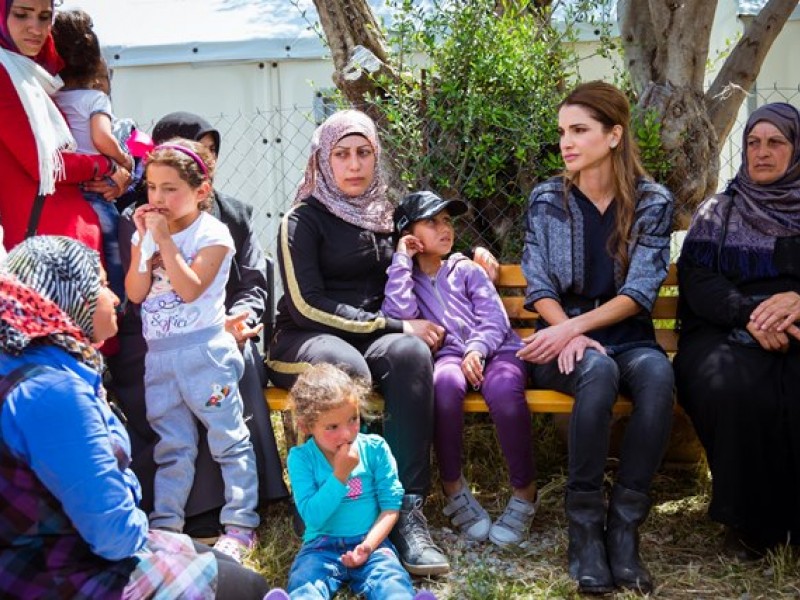Maternal Mortality

Last year, 60 million women around the world gave birth without professional care.
More than half a million of them died.
Think, for a moment, about that number. One woman. Every minute. Every day.
They are women like Sharifa, just 23, from Afghanistan, whose delivery was obstructed, who screamed in pain as her relatives tied her to a ladder, and carried her, for hours, to a clinic, only to be told to go to hospital 200 kilometers away. Her husband had to rent a car, and drive along roads so dirty and pitted that she choked on dust and fainted. When she was resuscitated, she was told that her baby was dead, and she wouldn't have any more children.
But at least Sharifa is still alive.
Aishat, from Nigeria, was not so lucky. She had her first child at just 16. By 33, she was pregnant for the ninth time, in a mission to deliver a prized male child. Following 36 hours of labor, she bled to death, at home.
It doesn't have to be this way. Women don't have to keep dying like this. And little girls don't have to grow up wondering if their lives will end when they give birth.
The hard work of making this a reality doesn't start in contractions, or even conception, it starts in the classroom. If we can get girls into quality schools, they can become part of the solution.
The child of a literate mother is 50% more likely to survive past the age of 5, and when girls finish quality secondary and higher education, 84% of them will give birth with skilled medical help, more than twice the rate of mothers with no formal education.
When you educate a girl, you kick-start a cycle of success.
It makes economic sense. It makes social sense. It makes moral sense. But, it seems, it's not common sense yet.
To read the blog post visit: http://www.huffingtonpost.com/rania-al-abdullah/maternal-mortality_b_300052.html
Featured
Queen Rania's official website
This website does not support old browsers. To view this website, Please upgrade your browser to IE 9 or greater
Your browser is out of date. It has known security flaws and may not display all features of this and other websites. Learn how to update your browser



